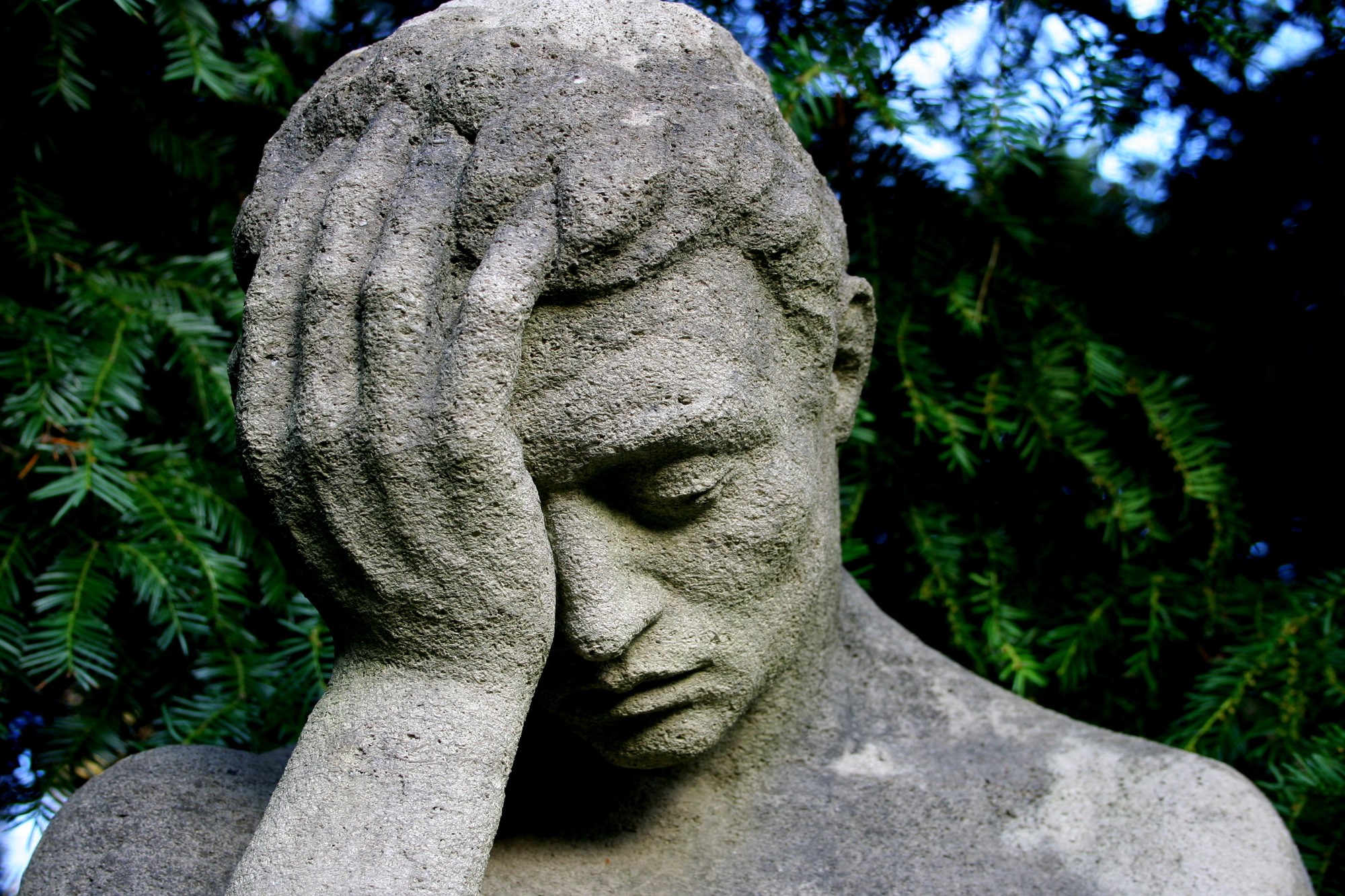The Other 9/11: Remembering and Forgetting
Fourteen years have passed since September 11th, 2001 and now 9/11 has become a phrase that signifies the terrorist attack of the World Trade Center and the Pentagon in 2001. The post-9/11 memorial events, memorial buildings, related films and literature have indoctrinated us to believe that 9/11 marks the day of terrorism attacks by the Islamic terrorist group al-Qaeda. The occupation of 9/11 in of our collective consciousness signifies how some histories are remembered over the expense of others.
In the aftermath of the events in 2001, the historical narrative of the 9/11 in 1973 is being forgotten. Embarrassingly, as like many others, I did not know about the “other-9/11” that happened four decades ago: the 1973 Chilean coup d’état. It was not until I took a class about diplomatic history of the United States that I learned about the obscured historical narrative of the other-9/11.
Thirty two years ago on September 11th, the U.S. covertly assisted the overthrow ofChile’s democratically elected President Salvador Allende. The main reason for the overthrow was because Allende undermined U.S.’s economic exploitation in the country. Before the Allende regime, four U.S. companies unjustly dominated 80-90% of Chile’s mining industry,and as a result, Chile went through periods of unemployment and poverty. To solve this economic problem, Allende desired “liberation” from the U.S.’s “imperialist exploitation.” Once Allende became president, he attacked U.S. economic interests in Chile by nationalizing Chilean copper mines, saying that this was a “definitive” moment for the journey of Chile’s “economic independence.”
However, Allende’s revolutionary movement was “a kick in the United States’ balls,” because it went against U.S. economic dominance in Chile. Therefore, the Richard Nixon Administration sought to destabilize the Chilean government by creating a coup climate. One way was to “make the economy scream,” by having commercial banks including Chase Manhattan, Chemical, and Morgan Guaranty, cancel their credits to Chile. They also sought to destabilize Chile by establishing a psych war within Chile by embarking a propaganda campaign. CIA worked on spreading false but provocative narratives about Allende’s regime via CIA-owned media.
Consequently, The New York Times reported on September 12, 1973 that, “President Salvador Allende Gossens was deposed . . . in a violent military coup . . . found slumped over a blood-stained sofa in the presidential palace.” As the Allende’s regime tried to constrain U.S. economic influence in Chile, the U.S. confronted Chile in straight power concepts and covertly overthrew the peaceful government which was walking the democratic road of stability and improvement.
Three decades later in 2003, Colin Powell, the Secretary of State (2001-2005) who served under George W. Bush, was asked in an interview that, “despite the past events such as in 1973[Chilean coup d’état],” why the U.S. considers itself morally superior to Iraq. Powell immediately answered that the U.S. backed coup in Chile “is not a part of American history that we’re proud of” and that the U.S. “now have a more accountable way of handling such matters.”
Now we rarely talk about this other 9/11 among our peers. Why is this part of American history obscured? What are the moral and ethical implications of silencing the historical narratives of the other-9/11? Historians like to say that the past is the window to the future. What do the untold forgotten stories tell about the future?
Que viva Allende.





